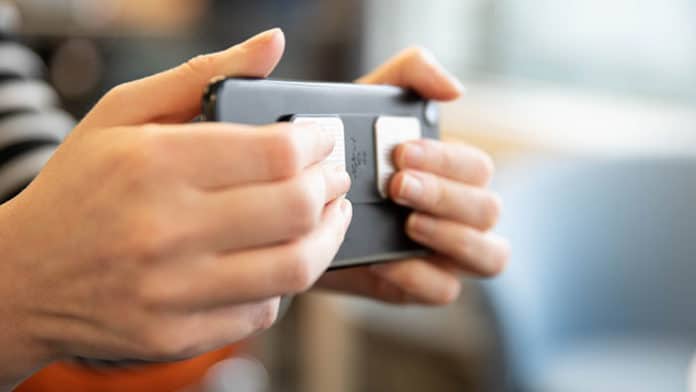Palpitations make you feel like your heart is beating too hard or too fast, skipping a beat, or fluttering. They can be bothersome or frightening.
Palpitations may seem alarming, but in most cases, they’re harmless and aren’t a sign of a serious problem. Cardiac presyncope may be associated with palpitations, may occur while in a sitting or supine position or during effort or exercise.
Both conditions are usually harmless and can be caused by stress, strenuous exercise, caffeine or certain medications. However, they can also be caused by serious underlying heart rhythm disorders such as atrial fibrillation, which can lead to a stroke.
Each year in the UK there are hundreds of thousands of visits to Emergency Departments by people experiencing palpitations or pre-syncope. But, diagnosing the exact underlying cause of palpations or pre-syncope in the Emergency Department is often difficult.
for the diagnosis, scientists at the University of Edinburgh and NHS Lothian have come up with a device called AliveCor® KardiaMobile. The AliveCor® KardiaMobile is originally an electrocardiogram that can detect the heart rhythm and diagnose the patient.
Scientists carried out the first randomized control trial of the device in 243 people presenting with heart palpations or near blackout at 15 Emergency Departments across the UK. By the time the patient has made it to the Emergency Department, they have often recovered and their ECG is normal.
The device can stick to the back of a smartphone or tablet. Patients can activate it when they experience a palpitation. The ECG result from the device can then be taken or sent electronically to a doctor to help diagnose the problem.
The 116 patients not given the device underwent standard tests and follow-up and, if undiagnosed, were asked to attend the Emergency Department or their GP surgery if they experienced further symptoms.
After 90 days ECGs taken by the device allowed doctors to diagnose 56 percent of patients in an average of 9.5 days. Only 10 percent of patients given standard care were diagnosed, with an average time to diagnosis of 43 days.
Professor Jeremy Pearson, our Associate Medical Director, said: “Palpitations are normally a temporary but noticeable rapid or irregular fluttering of the heartbeat. These need to be investigated by a doctor, either to reassure people experiencing them that they are harmless or to diagnose and treat any underlying heart problem.”
“By taking advantage of the tech that we carry around in our pockets every day, this cutting-edge device makes sure that it’s easy for people experiencing palpitations to directly record their heartbeat. They can then relay the information rapidly to a doctor and improve their diagnosis. This device could spare people from further anxiety, save the NHS money and, more importantly, save lives.”
“This safe, non-invasive and easy to use device should be considered part of on-going care to all patients presenting acutely with unexplained palpitations or pre-syncope.”
The details about the device are published in the EClinicalMedicine.
This study was funded by research awards from Chest, Heart and Stroke Scotland (CHSS) and British Heart Foundation (BHF).
